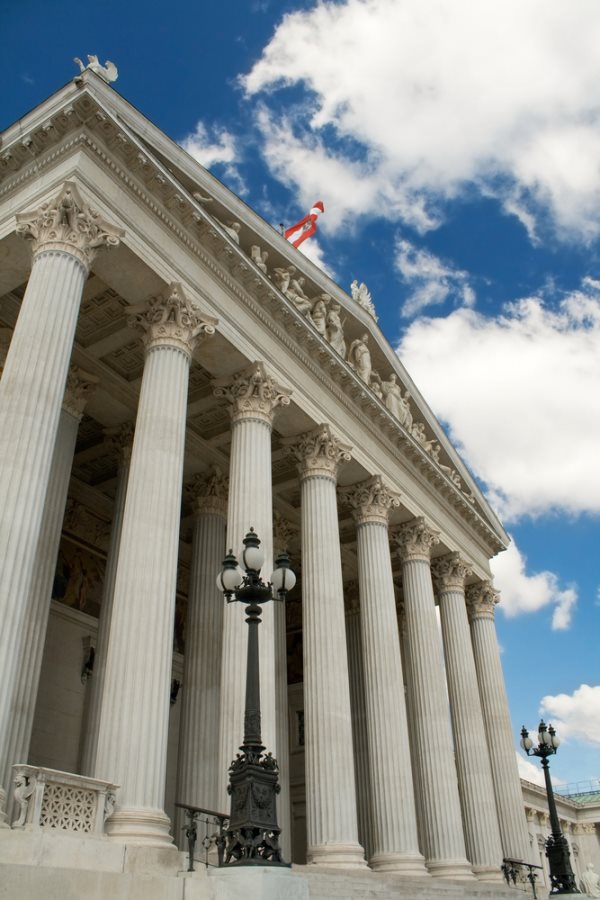Central Bank: A Brief Summary
What is a Central Bank?
• A central bank, which may also be referred to as a monetary authority or a reserve bank, is a public institution that typically issues a nation’s currency, controls interest rates and regulates the economy’s money supply. Furthermore, a central bank will often oversee the commercial banking system of their respective locations. In contrast to a typical commercial bank, a central bank will possess a monopoly on printing the national currency, which will typically serve as the nation’s legal tender.
• The primary role of a central bank is to provide and regulate the money supply of the respective nation in which they operate. That being said, more active duties of a central bank, will include: controlling interest rates and acting as a lender of last resort to the commercial or investment banking sector primarily during times of financial crisis.
• A central bank also possesses an assortment of supervisory powers; this role is instituted to ensure that banks within system, as well as other financial institutions, do not behave and/or invest in a reckless or fraudulent manner.

• In the majority of developed nations, central banks are independent from government rules or politics. Popular examples of a central bank include the following institutions: the Bank of England, the European Central Bank and the Federal Reserve System of the United States.
Responsibilities of a Central Bank:
• A central bank will, in most countries, perform the following functions:
o The Central bank will implement monetary policy and the nation’s entire money supply
o The Central bank will determine interest rates
o The Central bank will act as the underlying government’s banker and banker’s bank; in essence, the Central bank will act as the lender of last resort.
o The Central bank will manage the country’s foreign exchange system, gold reserves and the underlying government’s stock register
o The Central bank is required to regulate and supervise the entire banking industry
o The Central bank will set the official rate, used to manage both the country’s exchange rate and their respective interest rate. When the interest rate is set, the central bank must ensure that it satisfies a number of policy mechanisms.